Concluding Senior Officials' Meeting wrapped up in Danang
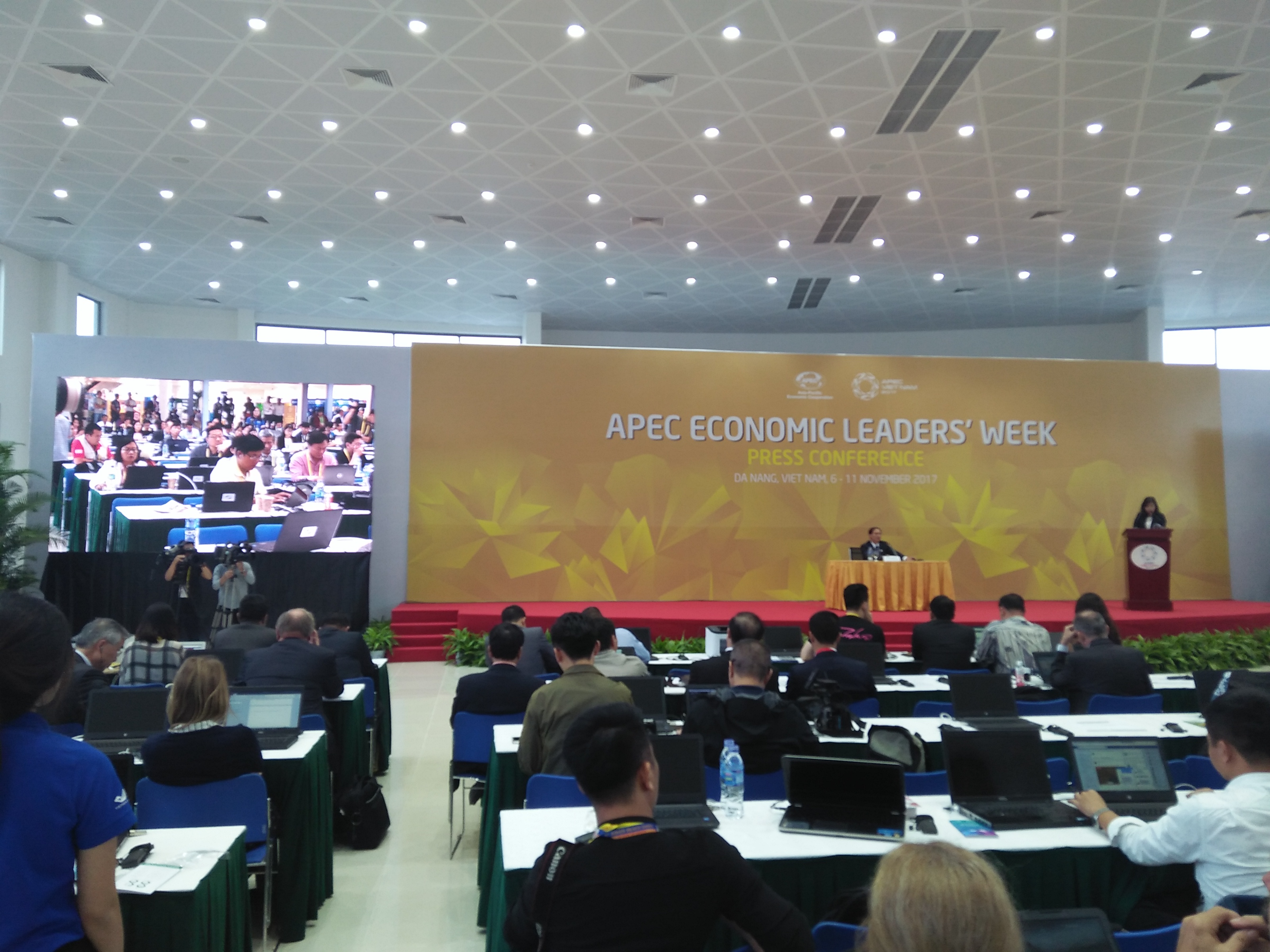 |
| The APEC 2017 Concluding Senior Officials' Meeting has ended in great success |
At the APEC Concluding Senior Officials' Meeting (CSOM), participants have reviewed all key outcomes and deliverables of the APEC committees and working groups, which support APEC 2017’s overarching theme "Creating New Dynamism, Fostering a Shared Future," and its four priorities, namely: (i) Promoting sustainable, innovative and inclusive growth; (ii) Deepening regional economic integration; (iii) Strengthening MSMEs’ competitiveness and innovation in the digital age; and (iv) Enhancing food security and sustainable agriculture in response to climate change.
CSOM has reviewed more than 50 activities of sub-committees and adopted numerous reports on APEC committees related to trade, investment, economics, and the common budget. All the reports reflect APEC members’ dynamism and great efforts in the sectors of education and training, empowering women, startups and innovation, improvement of the competitiveness of the service sector, and smart and sustainable agricultural development.
CSOM has also thoroughly discussed APEC members’ efforts in pursuing free and open trade and investment.
“All the initiatives of Vietnam have been highly commended by APEC members,” Son said.
CSOM has also submitted important documents on APEC’s future directions, including the four priorities of APEC 2017 proposed by Vietnam.
As the first of many events leading to the 25th APEC Economic Leaders' Meeting, CSOM saw the participation of nearly 200 delegates, including senior officials of the 21 APEC member economies, representatives of the ASEAN, PECC, PIF, and ABAC.
Vietnamese Deputy Minister of Foreign Affairs and APEC 2017 SOM chairman Bui Thanh Son stated that in the face of the myriad difficulties and challenges that this year brought for the APEC co-operation, "member economies have managed to secure many important results, maintaining the momentum of co-operation, reaching convergence on a wide range of issues to push forward this year's priorities and support the APEC's other on-going works.”
Boosting structural and trade reforms
In their annual report to APEC leaders that was released yesterday, members of the APEC Business Advisory Council (ABAC) called on leaders to show more initiative on further liberalisation of trade in goods and services as well as investment flows. These issues will be discussed by ABAC members in their annual dialogue with APEC leaders this Friday (November 10).
“This means tackling structural reforms and non-tariff barriers, encouraging cross-border investment, and maintaining the commitment to make the Free Trade Area of the Asia-Pacific a reality,” said the 2017 ABAC Chair, Hoang Van Dung.
“We are seeing broad-based economic recovery regionally and globally,” Dung said. “The International Monetary Fund (IMF) and the Organisation for Economic Co-operation and Development (OECD) have projected that global GDP will increase by 3.7 per cent next year, up from just over 3 per cent in 2016, and trade flows are also recovering.”
“But just as this recovery has taken longer to emerge since the 2008 crisis, we need to create a more accommodative environment for sustained and inclusive economic growth in our region to ensure we do not lose momentum,” he said.
“This means stronger action on deeper structural reforms to boost productivity, wages, and skills, and putting in place the right domestic policies to enable people and businesses to adjust to a more globalised world.”
Dung underlined that ABAC members were united in support for the rules-based global trading system, looking ahead to December’s WTO Ministerial Meeting in Buenos Aires.
The report also highlights the transformative potential of the digital economy. “Our communities at all stages of development can benefit hugely from the digital revolution. But we cannot let a ‘digital divide’ leave behind the more vulnerable,” Dung said. “Across the region, we need solid digital infrastructure, skills that empower our workforce for the jobs of the future, and a regulatory environment that enables the movement of data and information across borders while also safeguarding privacy and security appropriately.”
ABAC will focus on these issues in 2018.
The report highlights the imperative to help women participate more broadly in member economies, and to help micro-, small-, and medium-sized enterprises to participate in trade.
Dung affirmed the strong commitment of the business community to partner with governments to ensure the prosperity of the Asia-Pacific region.
“We have commissioned research by USC Marshall School on why some in our economies question the value of open trade, investment, and globalisation. Notwithstanding the tremendous benefits brought by trade and investment, domestic policies have not kept pace with the rate of change,” he said. “We need to work with governments to show the actual benefits to our communities and identify additional steps to be taken to respond effectively to these concerns and the changes still to come.”
He concluded by saying that “ABAC members are enthusiastically looking forward to our direct dialogue with leaders. It is only by fully understanding both the benefits of open trade and investment and by businesses and governments working together with our communities to adapt that we will together realise the mighty potential of our region.”
What the stars mean:
★ Poor ★ ★ Promising ★★★ Good ★★★★ Very good ★★★★★ Exceptional
Latest News
More News
- Ford’s continuing efforts to make Vietnam’s roads safer (November 07, 2017 | 16:08)
- Viet Nam is trying to improve itself: PM (November 07, 2017 | 15:34)
- PM delivers keynote speech at Viet Nam Business Summit (November 07, 2017 | 11:34)
- APEC Vietnam 2017 special publication now available (November 07, 2017 | 11:32)
- Four Vietnamese entrepreneurs to attend APEC CEO Summit (November 06, 2017 | 20:38)
- State President: APEC shows strong vitality and resilience despite global upheavals (November 06, 2017 | 20:24)
- Concluding Senior Officials' Meeting kicked off in Danang (November 06, 2017 | 16:34)
- Vietnam’s proposals to generate new dynamism for APEC (November 06, 2017 | 15:42)
- APEC media centre in full swing (November 06, 2017 | 15:01)
- CSOM opens 2017 APEC Economic Leaders’ Week (November 06, 2017 | 14:55)

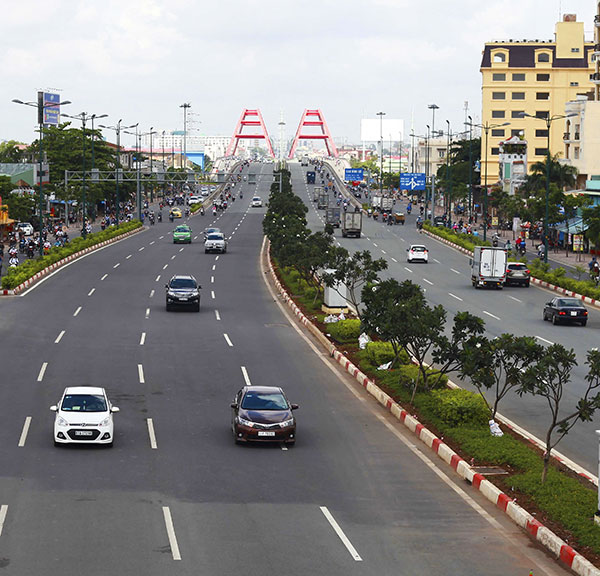
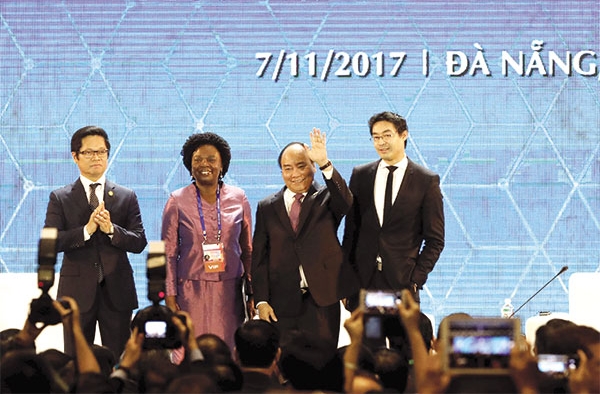
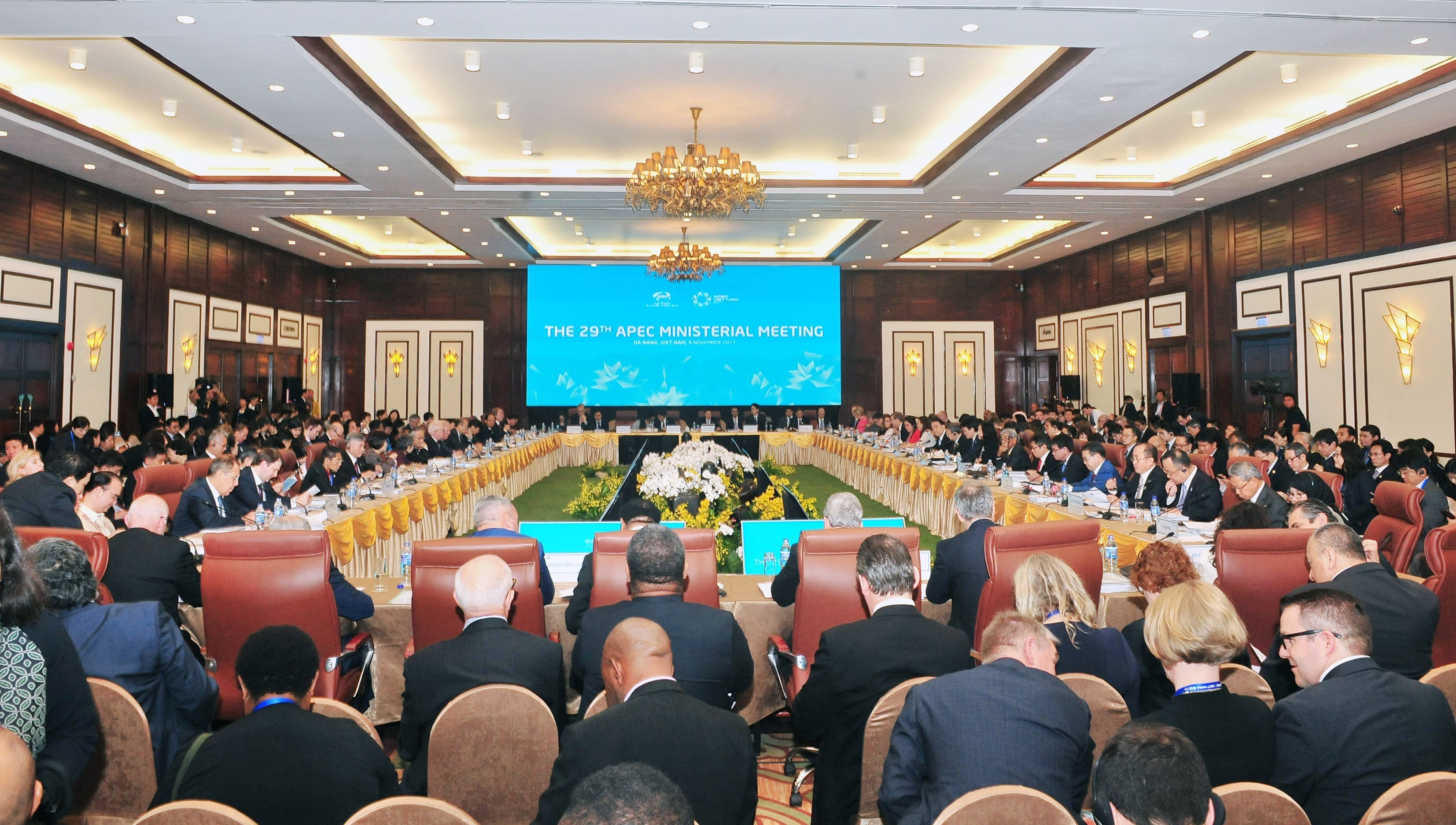
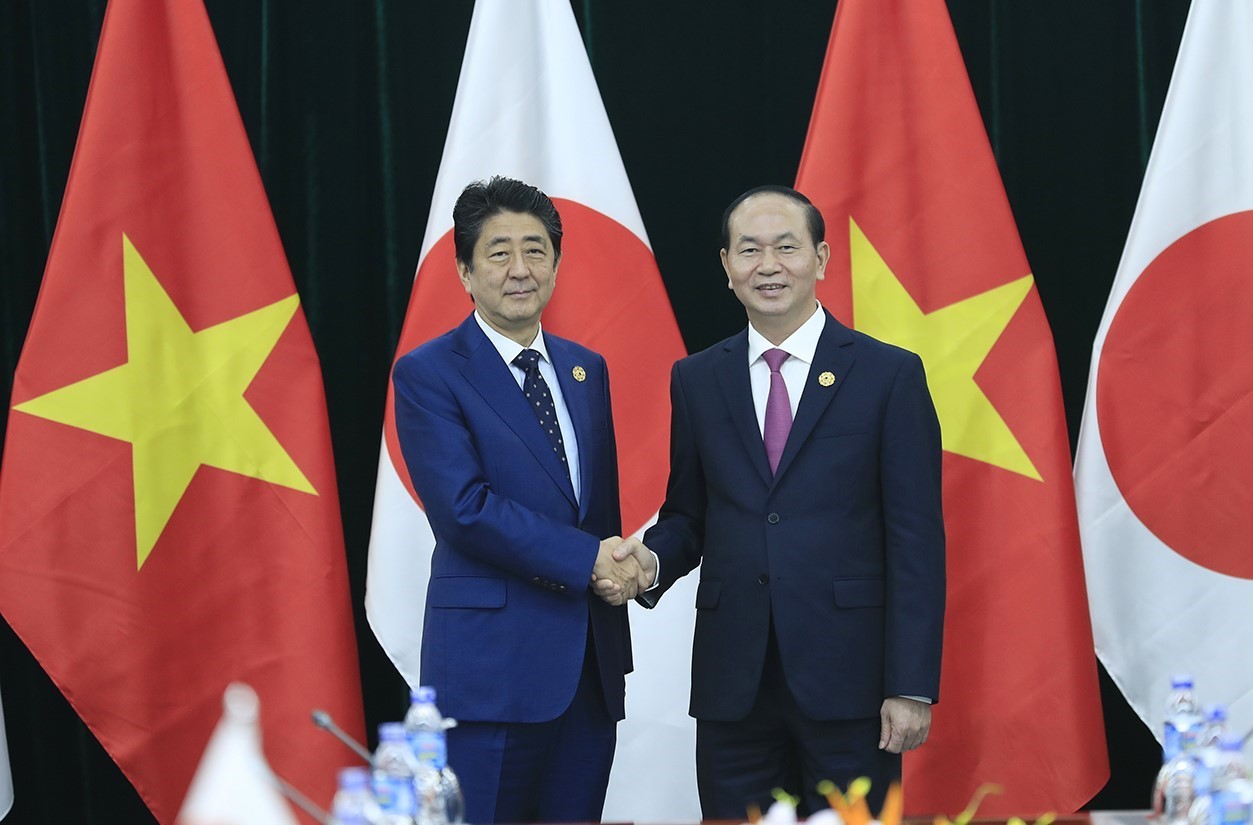



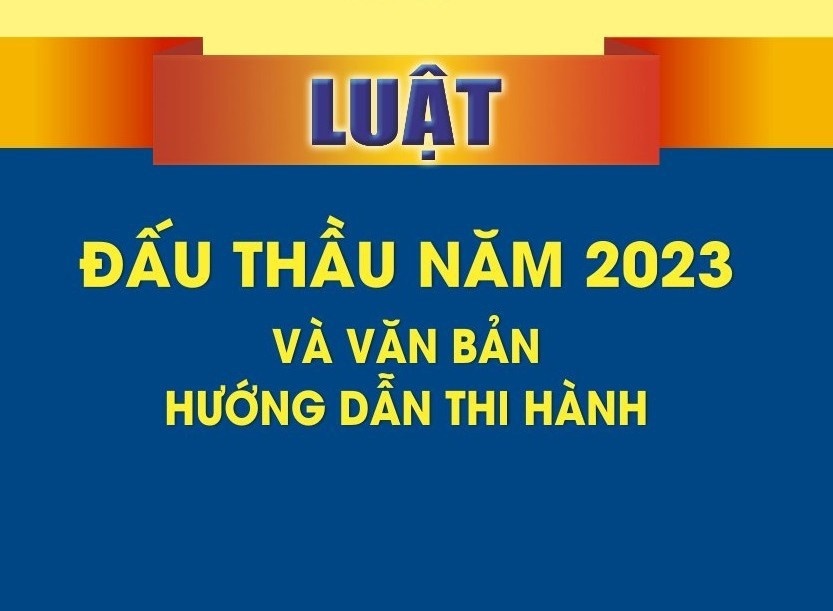
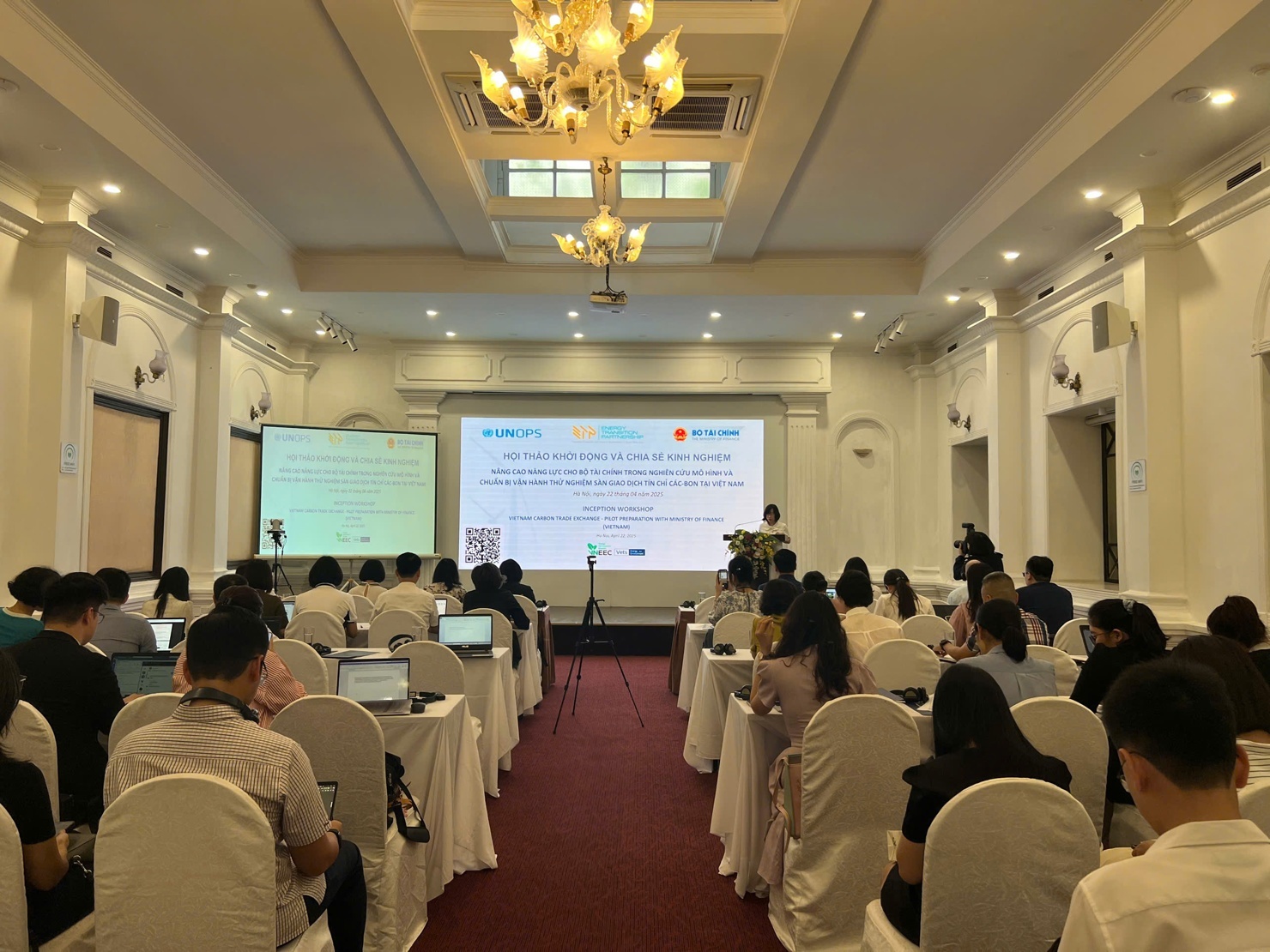
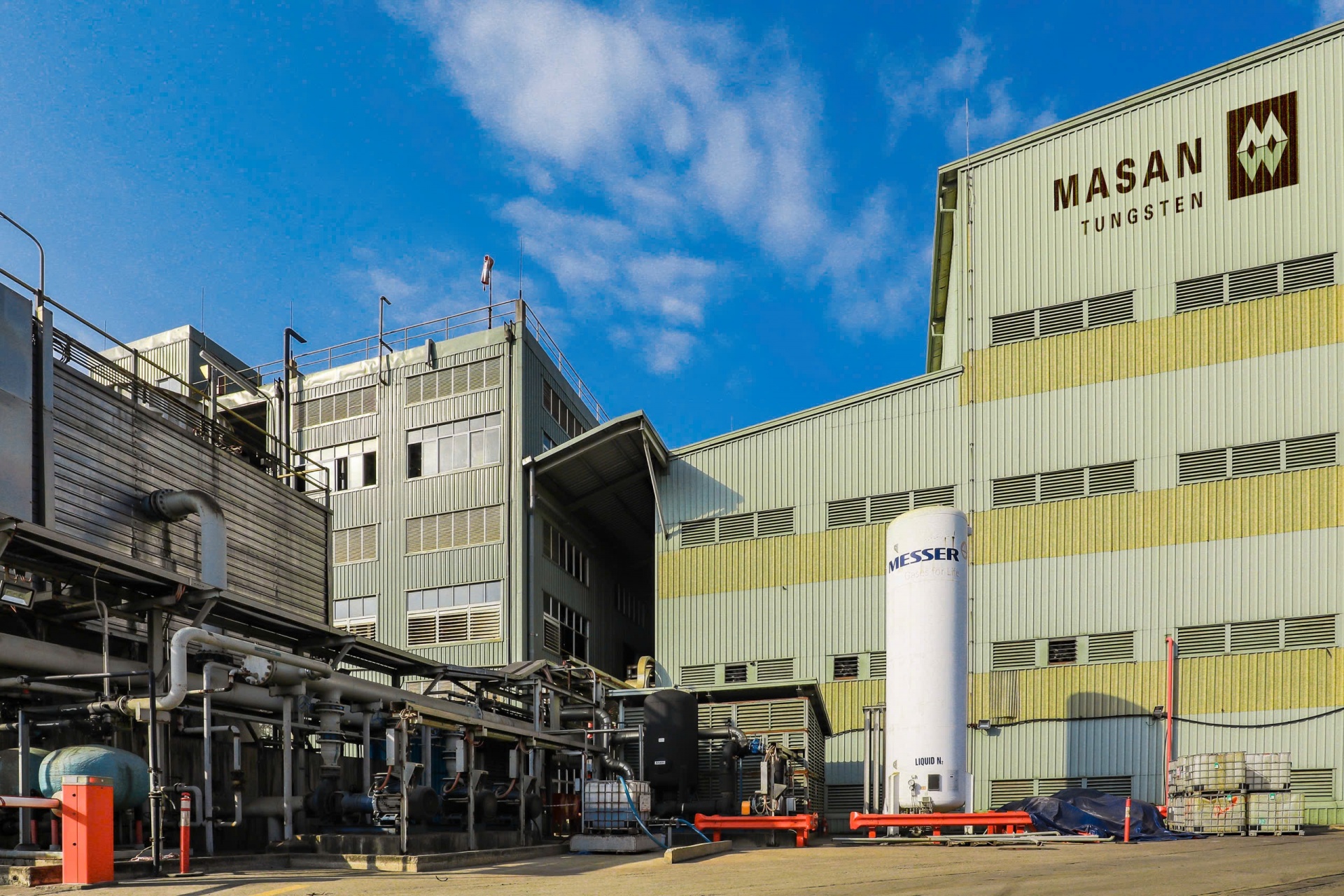




 Mobile Version
Mobile Version